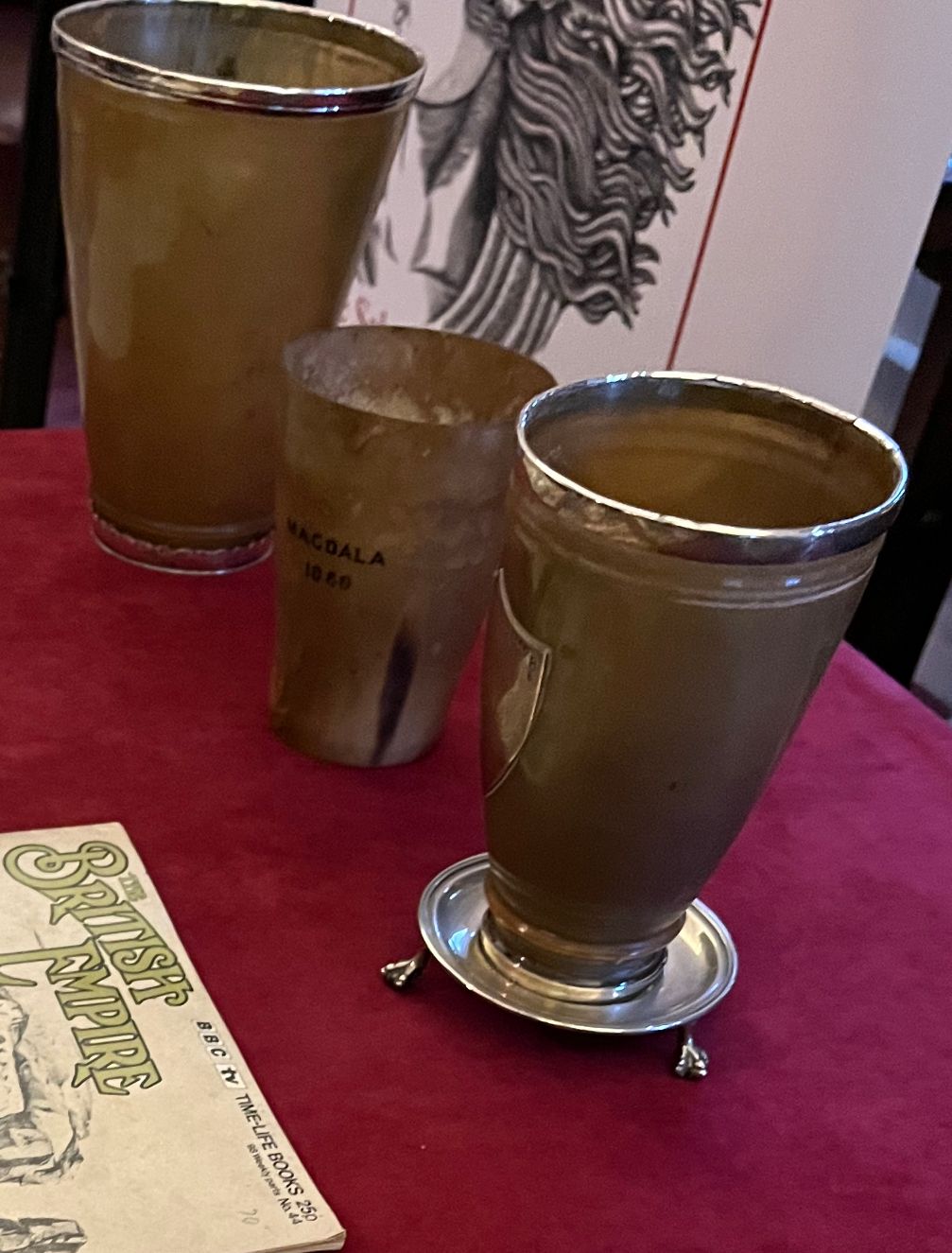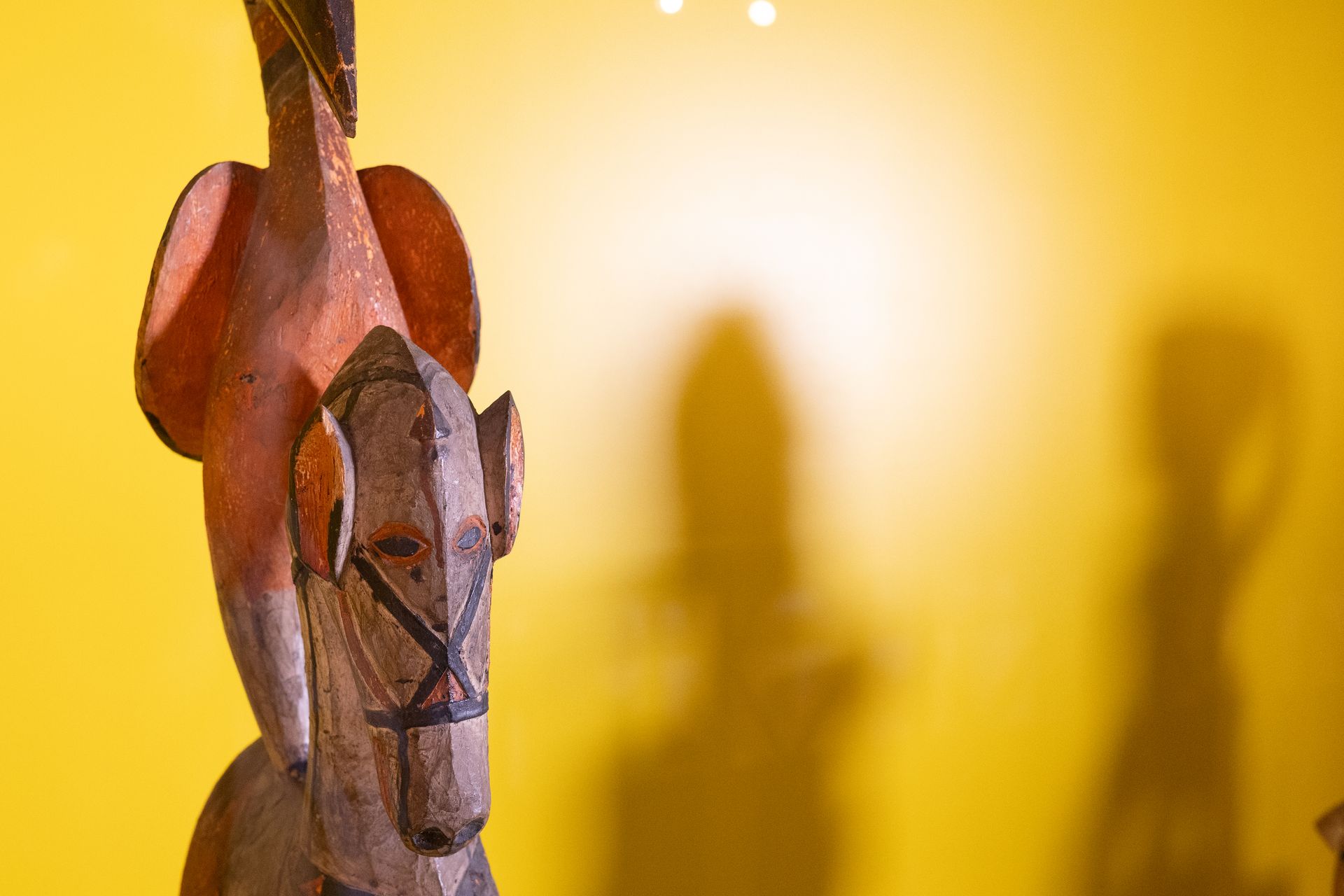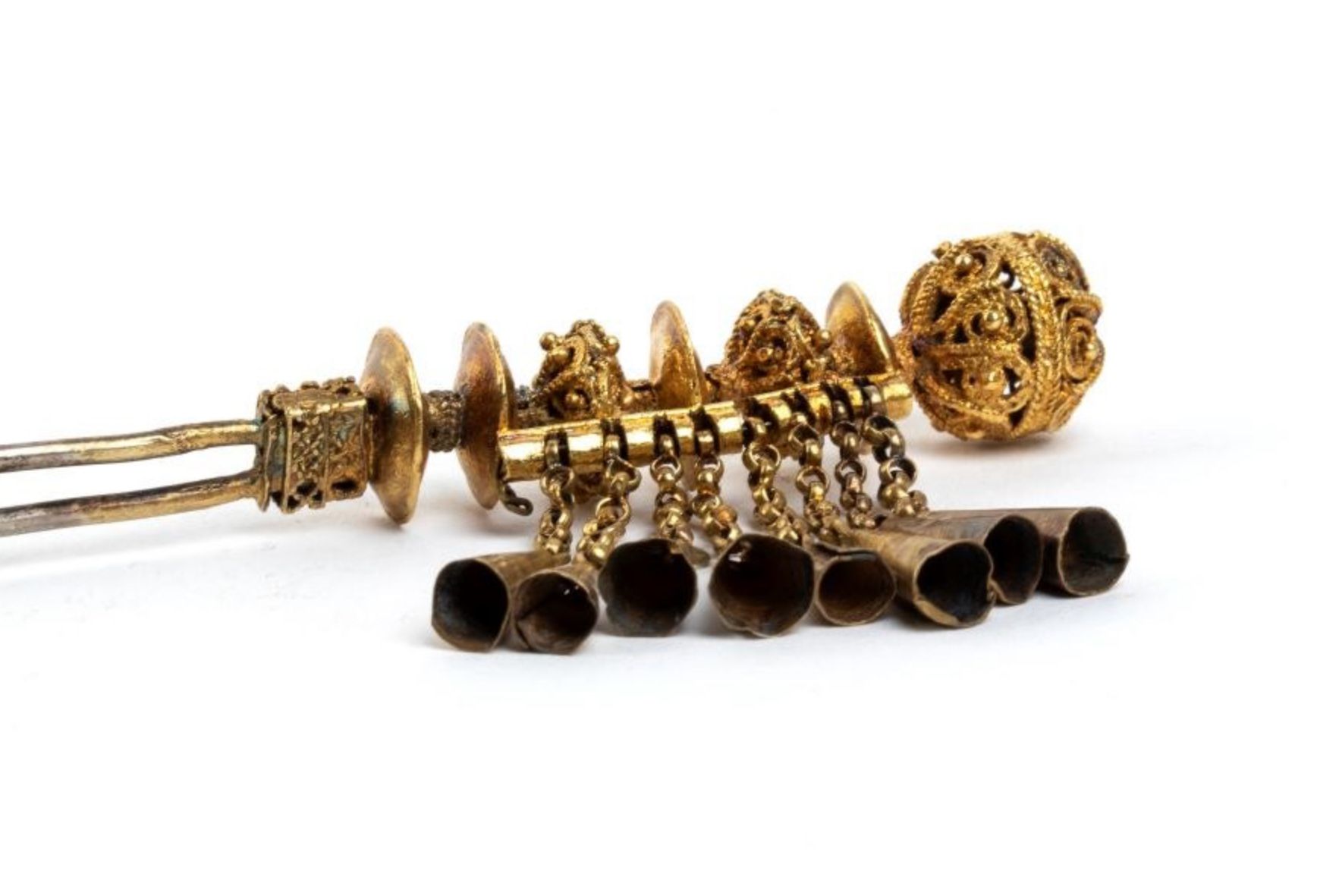Cultural Restitution
SHARE ARTICLE
To date, the efforts that private benefactors are making to return looted objects to Ethiopia far exceed the willingness of Britain’s national collections to do the same.
Last night, more precious artefacts were returned to Ethiopia's Ambassador Teferi Melesse Desta at a reception organised by the private, non-profit Scheherazade Foundation. All the artefacts were gifted or secured by private benefactors and included a sacred Tabot, believed to have been looted at Maqdala in 1868, as well as a lock of hair from Prince Alamayu, son of the Abyssinian Emperor Tewodros II.
Tabots are hard to recognise as only ordained priests in Ethiopia’s Orthodox Tewahedo Church are permitted to view them. So, it’s highly likely that several of these holy objects, central to Ethiopian religion, may have passed through dealers and salerooms unnoticed. But Dr Jacopo Gnisci, a scholar in Ethiopian studies and lecturer at London’s UCL, had sufficient knowledge to source the Tabot returned yesterday to clergy of the Ethiopian Orthodox Church. “All I did was to encourage dialogue,” Gnisci told us modestly.
The Tabot itself, described as a square wooden tablet with inscriptions and artworks on both sides, was handed over to a delegation of clergy prior to the evening’s reception. It had been agreed that public recognition of its transfer back to the Ethiopian Orthodox Church was important, but its return during the course of the evening event was much less appropriate.
Another highly symbolic repatriation involved a lock of hair removed from Prince Alamayu, son of Emperor Tewodros, by his one-time guardian Captain Tristram Speedy. Four members of the Turner family, descendants of Capt. Speedy, travelled all the way from New Zealand to arrange last night’s transfer. “It felt like Prince Alamayu’s lock of hair was a long way from home,” said Leonie Turner speaking of their precious family heirloom.
After the young prince was torn away from his Abyssinian homeland in 1868, Alamayu spent the next eleven remaining years of his life in England and during this period, several locks of his hair were gifted to friends as mementos. He died in 1879, aged just 18, and his body was interred in an underground burial chamber outside St. George’s Chapel at Windsor Castle. The return of this lock of hair is an especially emotional moment for those in Ethiopia who are campaigning for the return of his remains.

Ethiopian Horn Cups looted from Maqdala
Other items returned last night included a silver-mounted horn cup bearing the inscription “Taken at Magdala”. Its owners said it was the right time to pass its guardianship back to Ethiopia. Another returning horn cup had been identified and purchased by Tahir Shah, founder and CEO of the Scheherazade Foundation, at an auction in Canterbury last April.
The ceremonial shield gifted by a European collector was once in the possession of a gentleman whose ancestor is understood to have served at Maqdala. There is no clear evidence to confirm this provenance, but the shield is undoubtedly similar in style to others collected after the battle.
“These are not merely objects,” said Ambassador Teferi Melesse. “They are the embodiment of our Church, our culture and our history.”
What is evident is that all those private benefactors who gave up their precious Ethiopian artefacts last night hold the same conviction: these sacred and historic objects have no business in this place.



